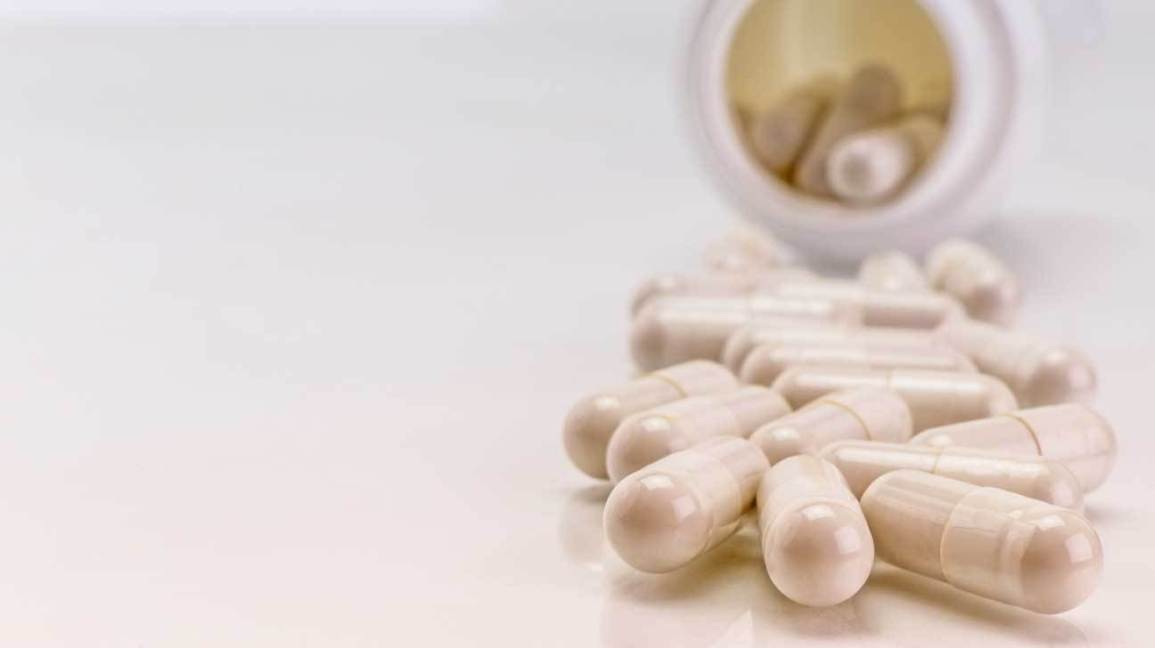Recently there have been numerous studies and reports on supplements to assist in the wellbeing of people both for their physical as well as mental health. One of the most exciting products that we have come across is CoQ10. What is CoQ10, and what do these studies show? Today we will look at what the Coq10 health benefits are and what they could mean for you. We are going to take a deep dive into all the information and find out just all the excitement is about, read ahead in our article titled Coq10 health benefits: 5 fun facts.
Coenzyme Q10 (CoQ10) is an antioxidant that is produced in the body naturally. The body cells use CoQ10 for maintenance and growth. Levels of CoQ10 in your body lessen as you age. CoQ10 levels have also been found to be less high in people with certain conditions, such as heart disease. CoQ10 is found in dietary sources such as whole grains, fish, and meat. But the amount of CoQ10 found in these dietary sources is not enough to increase CoQ10 levels in your body. CoQ10 might help treat:
- Parkinson’s disease
- Certain heart conditions
- Migraines
CoQ10 has shown a great performance in benefiting patients with certain cardiac diseases such as coronary artery disease, atherosclerosis, and heart failure. Cardiac cells are extremely sensitive to coenzyme Q10 deficiency. They have high energy requirements, and coenzyme q10 may be beneficial to the cardiac cells. CVD is the world’s leading cause of death, and evidence suggests that CoQ10 may have significant cardiovascular protective effects that help in preventing it. Statin therapy significantly reduces the stroke risk and heart attack, but within 6 months of treatment, almost 25% of patients quit. The reason is having side effects of the treatment that include weakness and muscle pain. In a 2014 randomized clinical study, seventy-five percent of statin users with muscle symptoms reported lessened pain after taking CoQ10 twice a day for 30 days, versus no measurable improvement in the placebo group
The human body produces coenzyme Q10 in adequate quantity to prevent deficiency. In the general population, there are no symptoms related to CoQ10 deficiency have been witnessed/observed. Poultry, meat, and fish are the major food sources of coenzyme Q10. It is believed that about ¼ of the CoQ10 in a person’s blood comes from dietary sources, with the rest produced internally. But amounts of the antioxidant in these foods are not high enough to boost levels in the body. Taking a CoQ10 supplement can elevate your levels and boost the benefits associated with CoQ10.
Coenzyme Q10 shows promise in the treatment of neurodegenerative disorders, such as Parkinson’s and Alzheimers disease. A few clinical trials have tested the effects of coenzyme Q10 supplementation in those who have Alzheimer’s and Parkinson’s, and some preliminary research indicates that the supplement may be helpful to such patients.
For example, animal-based research has shown that coenzyme Q10 may inhibit the overproduction of beta-amyloid. It is a protein fragment that forms the brain plaques associated with Alzheimer’s disease.
CoQ10 sparks the production of adenosine triphosphate (the body’s cellular fuel) when you supplement the right dosage of coenzyme Q10. The heart muscles consume a huge amount of energy and oxygen. CoQ10 essentially recharges the energy system in your heart. As a result, the heart muscles more efficiently pump blood. Also, it cleans up the destructive free radicals that are a by-product of the energy production process. When the body is low on CoQ10, most people think that this is due to the reason they are getting old, and it seems you are running on weak batteries. What they don’t realize is that the real cause is a deficiency.

